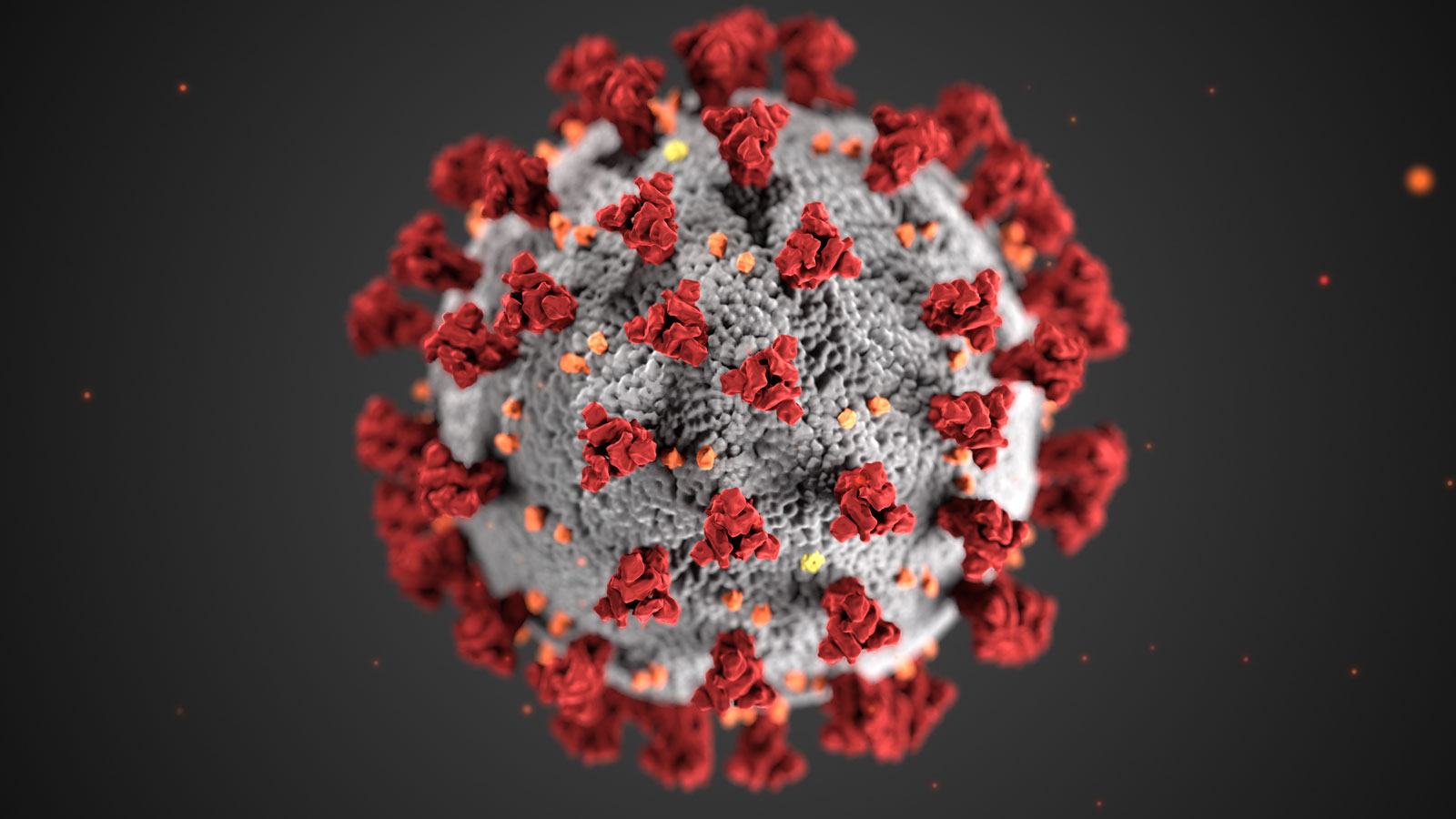Without question, COVID-19 has changed the way lawyers practice law and businesses resolve disputes. Whether that change will be temporary or permanent is yet to be seen. At the present time, many courts in California are closed or offer severely limited access and have restricted the ability to file all but the most time-sensitive matters, such as restraining orders. As a result, many parties are looking to alternative forms of dispute resolution to bring justice to their issue.
Before their COVID-19 closure, many California courts were already backlogged and, in an effort to reduce the pressure on the judicial system, judges often sent parties in a business dispute to mediation before trial. It now appears that we may be many months away from resuming jury trials. And when they do resume, who knows how they will be conducted? Will social distancing rules require all parties in the courtroom to wear a mask? If so, how would this affect counsel’s presentation of the case? Will juries be selected off-site, in private locations that offer more space? And, can you even put 12 strangers into the jury box together, even with masks? The truth is, we just don’t know. But I do think it is safe to assume that when trials resume in some form, criminal trials will have priority, and civil trials will be sent to the end of the line. It is therefore likely that parties will look to other forums to resolve their disputes. Mediation is particularly well suited to accomplish this.
To get the most out of a mediation during these times, I recommend the following:
· Both sides should be fully prepared. While this may sound obvious, it is shocking how often one or both sides essentially “wings it”, and comes to the mediation without fully understanding their case, their opponent’s positions or arguments, and without really thinking about what it is they want to achieve. It seems trite to say it, but there is no substitute for preparation.
· Having a pre-mediation conference with the mediator. Each side should make sure that they can spend 30 min or so in advance of the mediation (one or two days before) to discuss some key issues that maybe the mediation brief did not do justice to, or examine some key relationships or back stories between the parties that are likely to affect how the case can be resolved. An engaged mediator will gladly provide the time for these discussions in advance of the mediation, because they will invariably help make the actual mediation much more productive.
· As part of the preparation, think about a Plan B. While a complete resolution on terms that satisfy each side is certainly the goal, you can’t always get there, especially in a mediation where settlement positions have yet to be exchanged, and neither side yet knows what the other side is really willing to agree upon. So, if you can’t get to your desired result, what is the next best thing? It might be a settlement on different terms, or it might be to narrow the range of disagreement, or it might simply be to open up and establish better avenues of communication with the other party, which of course, will be valuable when it comes time to finally reach a just and fair resolution. A good mediator ought to be able to help spot and develop Plan B, and help explore with the parties different alternatives that they may not have previously considered, or that might not be possible or available through the courts
· If possible (and I know it isn’t always so) try and exchange your side’s position with the other side before mediation, or at least have in mind some parameters. When both sides arrive knowing each other’s position and expectations, their chances for a final resolution are increased. It is a complete waste of time and money when decision makers travel across country with a particular view about the case, only to be met at mediation by a demand or offer from the other that is totally outside all of the expectations held by the decision maker. That creates resentment and distrust. Even if the other side totally disagrees with your view of the case, sharing that view before mediation will at least take the element of surprise away and will eliminate the urge to prematurely end the mediation because the parties are not anywhere near the same page.
Accordingly, in this new reality of ours, cases will continue to be litigated, disputes will continue to arise, but the more traditional means of resolution, like court and jury trials, may be less available and more difficult to procure. Mediations will become even more important than ever to help parties resolve their disputes. To see if your case is ready for mediation, contact Drew E. Pomerance today at dep@rpnalaw.comor 818-992-9999.



